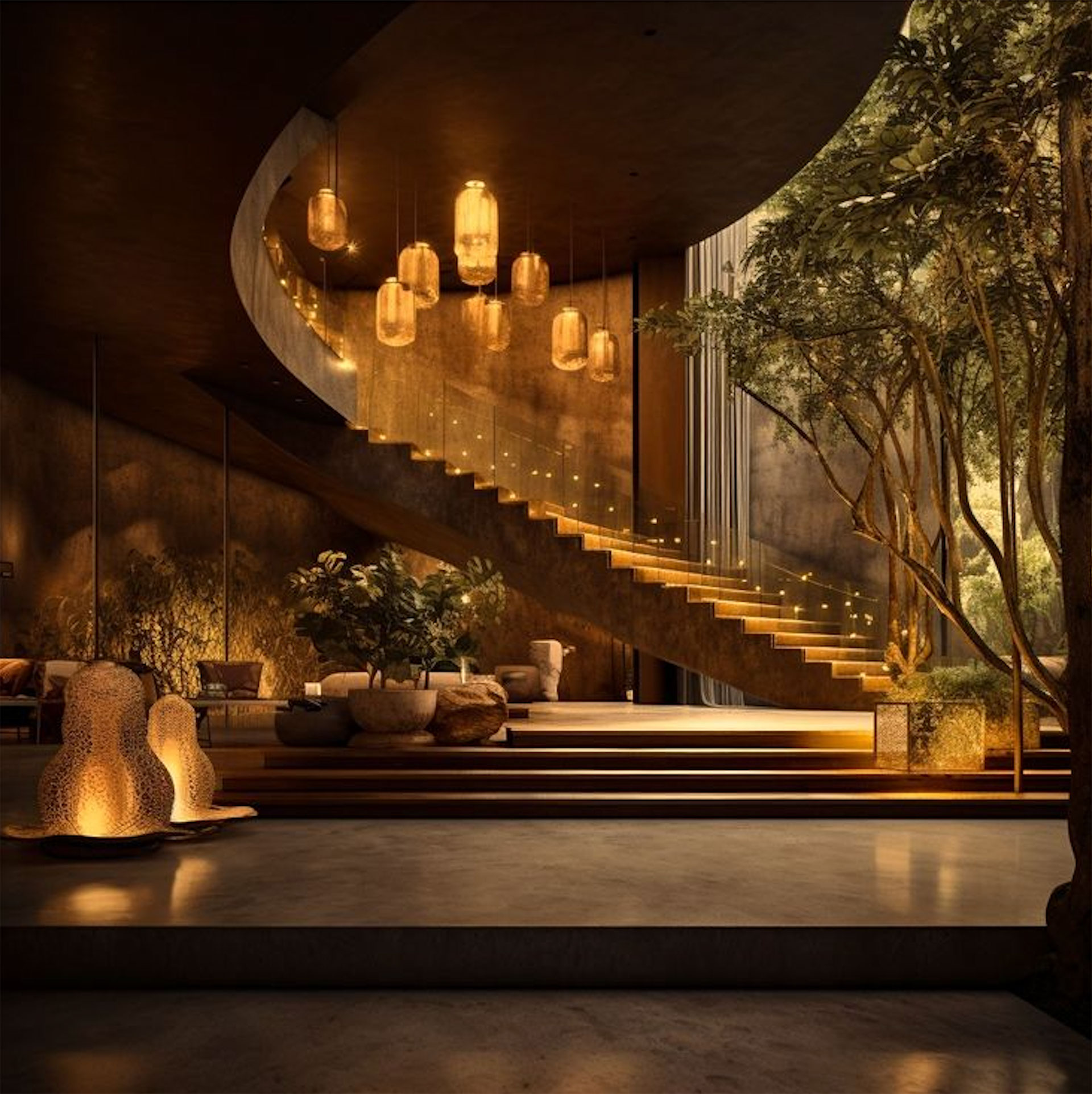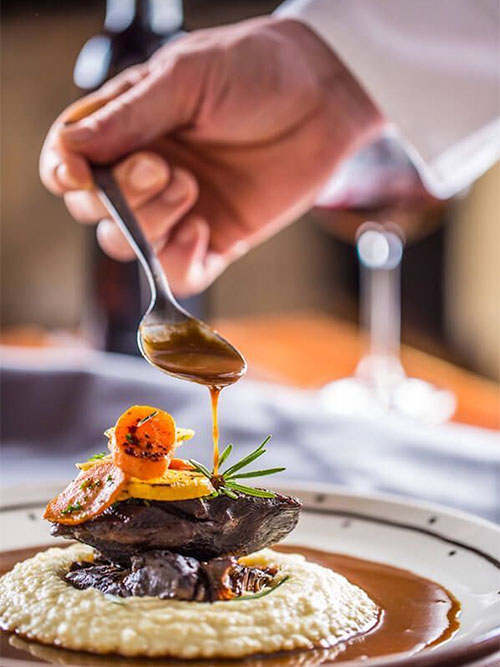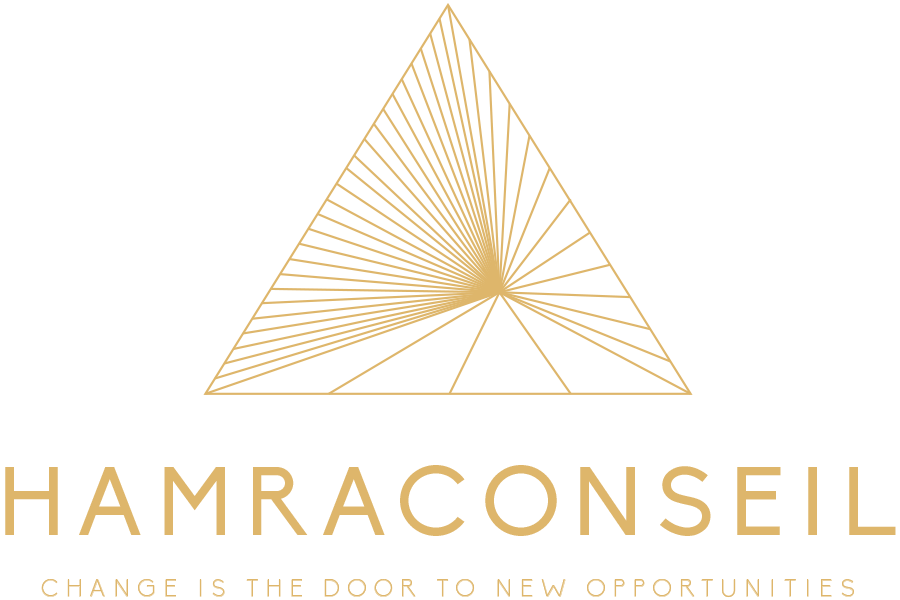Our services
In the hotel and restaurant industry, luxury is not a service, it is a promise kept at every moment.
- HamraConseil Expertise & Luxe
- Our services
HAMRACONSEIL
The luxury sector, with its high standards and demand for perfection, presents specific challenges that set it apart from other industries.
Success in this field requires not only technical skills, but also a deep understanding of luxury values and dynamics.

Maintaining High and Consistent Standards
Demand for Perfection:
Luxury is synonymous with excellence and impeccable quality. This means that every product or service must meet extremely high standards, without compromise. Maintaining this perfection consistently while innovating is a major challenge.
Rigorous Quality Control:
The slightest defect, however minor, can tarnish the reputation of a luxury brand. Professionals must therefore implement rigorous quality control systems to ensure that every detail is perfect.
Luxury is synonymous with excellence and impeccable quality. This means that every product or service must meet extremely high standards, without compromise. Maintaining this perfection consistently while innovating is a major challenge.
Rigorous Quality Control:
The slightest defect, however minor, can tarnish the reputation of a luxury brand. Professionals must therefore implement rigorous quality control systems to ensure that every detail is perfect.
Innovation While Preserving Traditions
Balance Between Tradition and Modernity:
The luxury sector deeply values heritage and traditional know-how. However, it is also necessary to innovate to remain relevant and attract new clientele. Finding the balance between these two aspects is a constant challenge.
Meeting the Expectations of Traditional and Modern Clients:
Luxury clients have varied expectations—some seek authenticity and respect for traditions, while others are looking for innovation and avant-garde products or services. Successfully satisfying both types of clients without diluting the brand is a complex challenge.
The luxury sector deeply values heritage and traditional know-how. However, it is also necessary to innovate to remain relevant and attract new clientele. Finding the balance between these two aspects is a constant challenge.
Meeting the Expectations of Traditional and Modern Clients:
Luxury clients have varied expectations—some seek authenticity and respect for traditions, while others are looking for innovation and avant-garde products or services. Successfully satisfying both types of clients without diluting the brand is a complex challenge.
Managing a Demanding Clientele
Extreme Personalization:
Luxury clients expect personalized service, tailored to their specific needs. This requires an in-depth knowledge of each client, as well as the ability to anticipate their desires and offer tailor-made solutions.
Meeting High Expectations:
Luxury clients are often very demanding and do not tolerate any compromise on quality or service. Managing these high expectations, sometimes within very short deadlines, requires great flexibility and exceptional responsiveness.
Luxury clients expect personalized service, tailored to their specific needs. This requires an in-depth knowledge of each client, as well as the ability to anticipate their desires and offer tailor-made solutions.
Meeting High Expectations:
Luxury clients are often very demanding and do not tolerate any compromise on quality or service. Managing these high expectations, sometimes within very short deadlines, requires great flexibility and exceptional responsiveness.
Preserving Brand Image
Reputation Management:
In the luxury sector, reputation is crucial. A single mistake can have disastrous consequences on a brand’s image. Professionals must constantly work to maintain and strengthen this image while avoiding any controversy.
Authenticity and Exclusivity:
Luxury is based on the idea of exclusivity and authenticity. The brand must constantly prove that it is unique and that its products are not accessible to everyone, which can sometimes conflict with growth strategies.
In the luxury sector, reputation is crucial. A single mistake can have disastrous consequences on a brand’s image. Professionals must constantly work to maintain and strengthen this image while avoiding any controversy.
Authenticity and Exclusivity:
Luxury is based on the idea of exclusivity and authenticity. The brand must constantly prove that it is unique and that its products are not accessible to everyone, which can sometimes conflict with growth strategies.
Logistics and Supply Chain Challenges
Quality of Materials and Supply:
Luxury demands materials of the highest quality, often rare or difficult to obtain. Ensuring a regular supply while maintaining this quality is a major logistical challenge.
Responsible Sourcing:
More and more luxury clients expect total transparency on the origin of products and materials, as well as a commitment to sustainability. Meeting these expectations while preserving quality and exclusivity can be complex.
Luxury demands materials of the highest quality, often rare or difficult to obtain. Ensuring a regular supply while maintaining this quality is a major logistical challenge.
Responsible Sourcing:
More and more luxury clients expect total transparency on the origin of products and materials, as well as a commitment to sustainability. Meeting these expectations while preserving quality and exclusivity can be complex.
Adapting to Social and Technological Changes
Digitalization and Customer Experience:
The luxury sector has long been reluctant to adopt digital technologies, but evolving customer expectations, particularly the demand for high-end online experiences, makes this transition inevitable. Offering a digital experience that reflects the exclusivity and elegance of luxury is a challenge.
Sustainability and Social Responsibility:
Luxury consumers are increasingly sensitive to environmental and social issues. Brands must therefore integrate these concerns while maintaining their luxury image, which requires rethinking production chains, sourcing, and even marketing.
The luxury sector has long been reluctant to adopt digital technologies, but evolving customer expectations, particularly the demand for high-end online experiences, makes this transition inevitable. Offering a digital experience that reflects the exclusivity and elegance of luxury is a challenge.
Sustainability and Social Responsibility:
Luxury consumers are increasingly sensitive to environmental and social issues. Brands must therefore integrate these concerns while maintaining their luxury image, which requires rethinking production chains, sourcing, and even marketing.
Competition and Counterfeiting
Intense Competition:
The luxury market is increasingly competitive, with emerging new brands and established giants seeking to retain their market share. Differentiating while staying true to its values is a permanent challenge.
Counterfeiting Problem:
The luxury sector is particularly affected by counterfeiting. Protecting creations and maintaining customer confidence in the authenticity of products is a major challenge.
The luxury market is increasingly competitive, with emerging new brands and established giants seeking to retain their market share. Differentiating while staying true to its values is a permanent challenge.
Counterfeiting Problem:
The luxury sector is particularly affected by counterfeiting. Protecting creations and maintaining customer confidence in the authenticity of products is a major challenge.
Human Resources Management
Recruitment and Training:
Luxury’s high standards require highly qualified and passionate professionals. Finding, training, and retaining talent capable of understanding and implementing a luxury brand’s vision is a constant challenge.
Maintaining Motivation and Engagement:
Working in luxury can be demanding and stressful. It is crucial to maintain a high level of motivation and engagement among teams while offering opportunities for personal and professional development.
Luxury’s high standards require highly qualified and passionate professionals. Finding, training, and retaining talent capable of understanding and implementing a luxury brand’s vision is a constant challenge.
Maintaining Motivation and Engagement:
Working in luxury can be demanding and stressful. It is crucial to maintain a high level of motivation and engagement among teams while offering opportunities for personal and professional development.


Why choose HamraConseil
We have solutions
to your requirements
HamraConseil is distinguished in the luxury and hotel/catering sector by several unique features that make it a privileged partner for companies wishing to achieve excellence.
